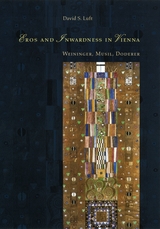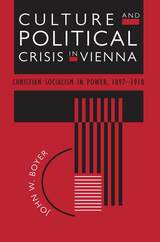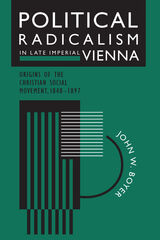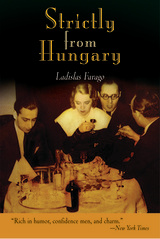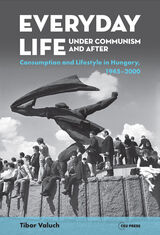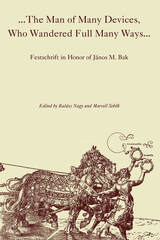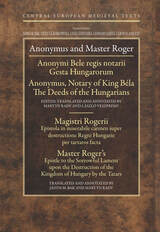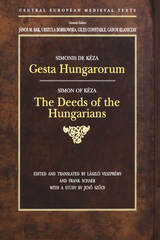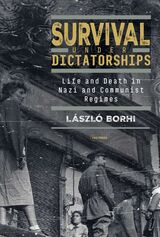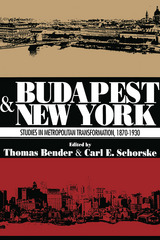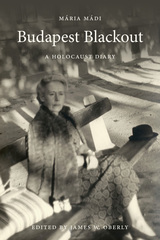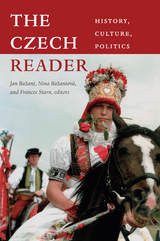Cover
Front matter
Title page
Copyright page
Contents
List of Tables
List of Figures
Abbreviations
Acknowledgments.
Introduction
1. Who are the intellectuals?
2. Intellectuals and social movements
3. Intellectuals and politics in Central Europe
1. Censorship and the press in the late Kádár era
2. Strategies of co-optation: “Intelligentsia-policy”in the one-party system
Chapter III: Dissident Intellectuals: The Culture of Critical Discourse
1. Opposition groups
2. The dissidents between state and society
3. The topics of the samizdat journals
4. The historical memory of the democratic opposition
5. The debate of the Beszélő circle on strategy
1. The ideas of the dissidents
2. The identity of the democratic opposition
3. Open network-building and party formation
1. Patterns of transition: Poland and Hungary
2. Elite change: The rise of reform intellectuals and the tech
3. The Roundtable talks as elite settlement
4. Co-optation, cooperation, contestation
1. The meaning of the Roundtable talks
2. From model change to regime change
3. Constitution-making at the National Roundtable talks
4. From the referendum to the free elections
5. Imagined democracy: Fundamental values
6. The past revisited: Historical references
Chapter VII: Intellectuals as Legislators
1. Who were they and what did they want?
2. The opposition parties which grew out of dissident subcultures
3. The historical parties
4. The “mass party of professionals”: The MSZMP
1. The types of intellectuals arriving in politics
2. Movement-intellectual politics after 1989: The Democratic Charter.
3. The participants of the Democratic Charter
Chapter IX: Rolling Transition: Rotating Agency
1. Periods and actors
2. Activities and participants
3. Model of the rolling transition
4. Continuity and discontinuity
5. The end of transition
Conclusion
Bibliography
Interviews with some participants of the transition
Index
Back cover

